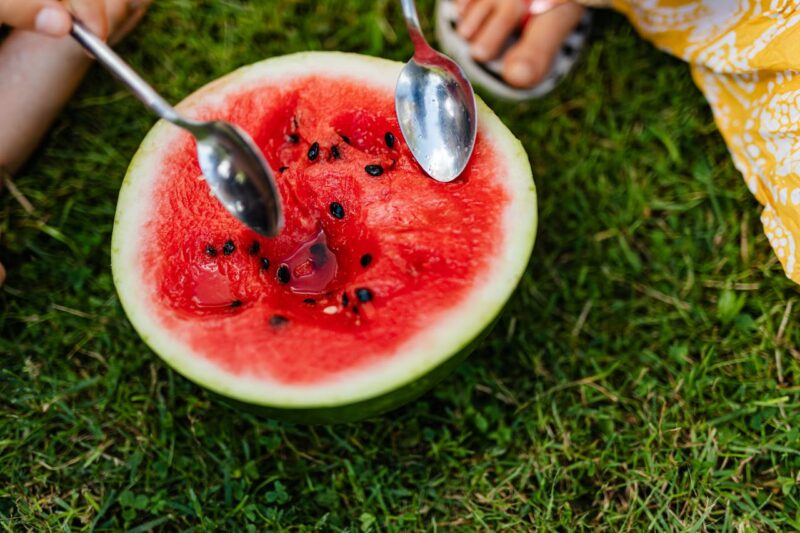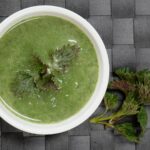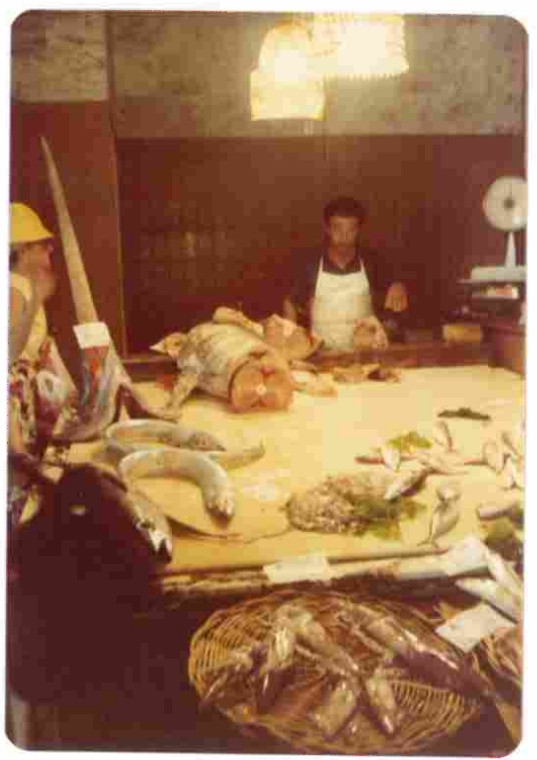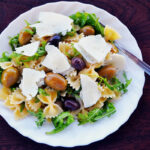When the mercury rises, our bodies require specific nourishment to stay cool and hydrated. Summers in Italy have become increasingly hot, especially in the South and on the islands, but even in the North, not far from the mountains where I live, keeping cool in the months of July and August can be a challenge.
As you would expect from people who put good food at the core of their daily lives, we Italians try to find a solution for sweltering temperatures … at the kitchen table..
A healthy summer diet is essential to combat the heat and maintain overall well-being. Here’s a guide to foods that should be on your plate during the sweltering summer months.
Hydration is key
First and foremost, it’s crucial to stay hydrated. Aim for at least 1.5 to 2 liters of water daily. According to Pietro Antonio Migliaccio, a nutritionist, and president of the Italian Society of Food Science, water should be consumed at a temperature between 10 and 15 degrees Celsius to avoid vasodilatation, which can cause immediate sweating and negate the benefits of hydration.
Fruit is your best friend!
Seasonal fruits are packed with essential vitamins, minerals, and water content, making them perfect for a healthy summer diet. Watermelon, for instance, is a standout with 95% water content. Consuming 500 grams of watermelon provides 450 grams of water, helping to keep you hydrated. Moreover, it is rich in carotenoids, antioxidants that combat free radicals, contains vitamins A, C, B, and B6, and minerals like potassium and magnesium, which help fight summer fatigue. Melons and peaches offer similar benefits, providing hydration, vitamins, and minerals essential for a healthy summer diet.
Vegetables should be at the heart of a healthy summer diet
When it comes to veggies, zucchini is the superstar in a healthy summer diet. With 95% water content and a low-calorie count, it is also rich in minerals such as potassium, iron, calcium, and phosphorus, as well as vitamins A and C. Similarly, cucumbers, consisting of 96% water, provide essential vitamins and minerals and have diuretic and detoxifying properties.
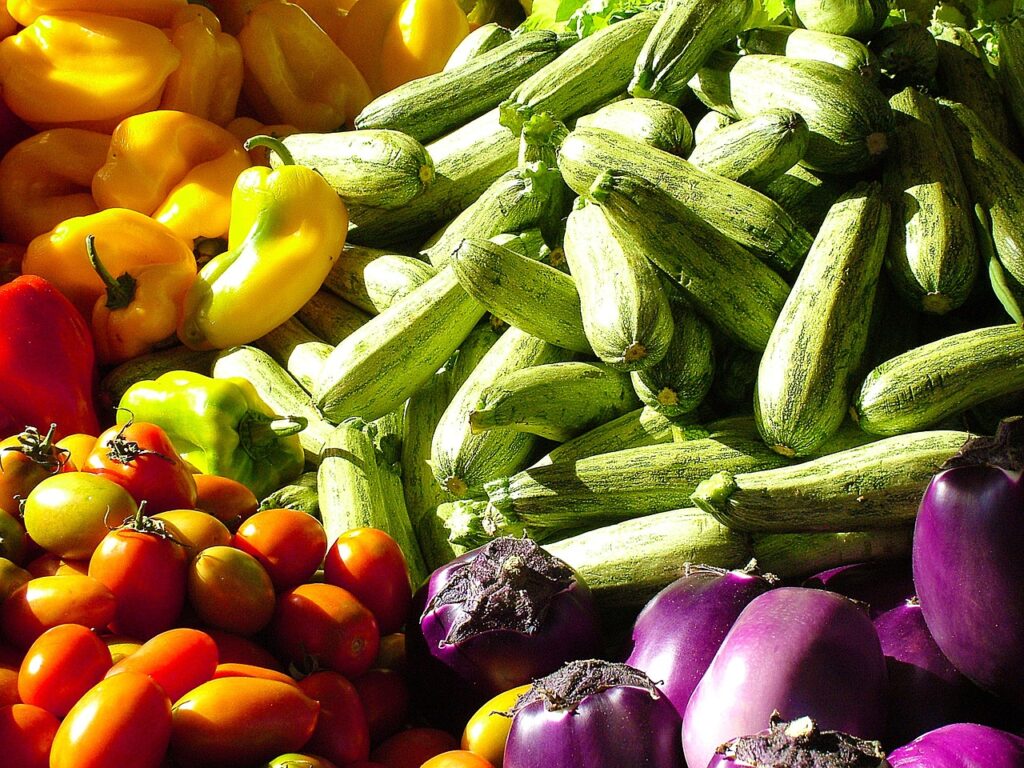
Light and digestible meals are a staple of a healthy summer diet
Opt for light, easily digestible meals. Cold pasta with fresh tomatoes and basil or rice salads are excellent choices. Avoid heavy sauces like ragù and opt for fresh ingredients. For protein, choose fish or white meats like chicken, which are lighter and easier to digest than red meats and processed foods.
Say yes to cold dairy
Cold dairy products can be both refreshing and nutritious. Semi-skimmed milk, yogurt, and fruit smoothies are great options. Even an occasional meal based on ice cream or a fruit salad with ice cream is acceptable. For snacks or breakfast, consider a cold cappuccino with semi-skimmed milk, yogurt, or fresh fruit smoothies.
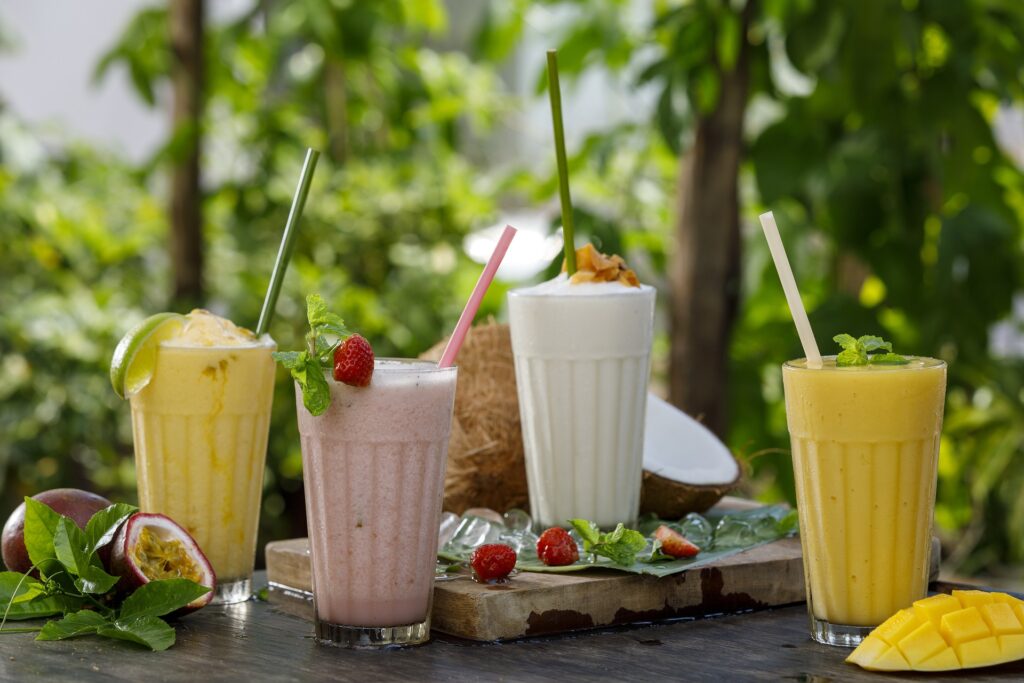
Avoid heavy and fatty foods
During the hot summer months, it’s best to avoid fatty and heavy foods like fried items, cured meats, aged cheeses, red meats, and high-calorie sweets. These can be hard to digest and may contribute to feelings of lethargy and discomfort in the heat.
Incorporate whole grains
Whole grains like barley, farro, and buckwheat are excellent additions to your summer meals. They are rich in magnesium, which acts as a natural stress reliever and helps regulate body temperature by relaxing muscles and nerve cells. Whole grains can be included in salads or served as side dishes.
What if I want a healthy summer diet but I don’t eat meat?
For those looking to maintain a balanced diet during summer without consuming meat, there are several nutritious plant-based protein alternatives. Quinoa, lentils, and chickpeas are excellent sources, providing up to 18 grams of protein per cup. Tofu and tempeh offer complete proteins with up to 33.7 grams per cup, along with beneficial probiotics. Nuts and seeds like chia, hemp, and almonds also contribute significantly to daily protein intake. Incorporate these foods into salads, stir-fries, snacks, and breakfasts to ensure a varied and protein-rich diet throughout the summer.
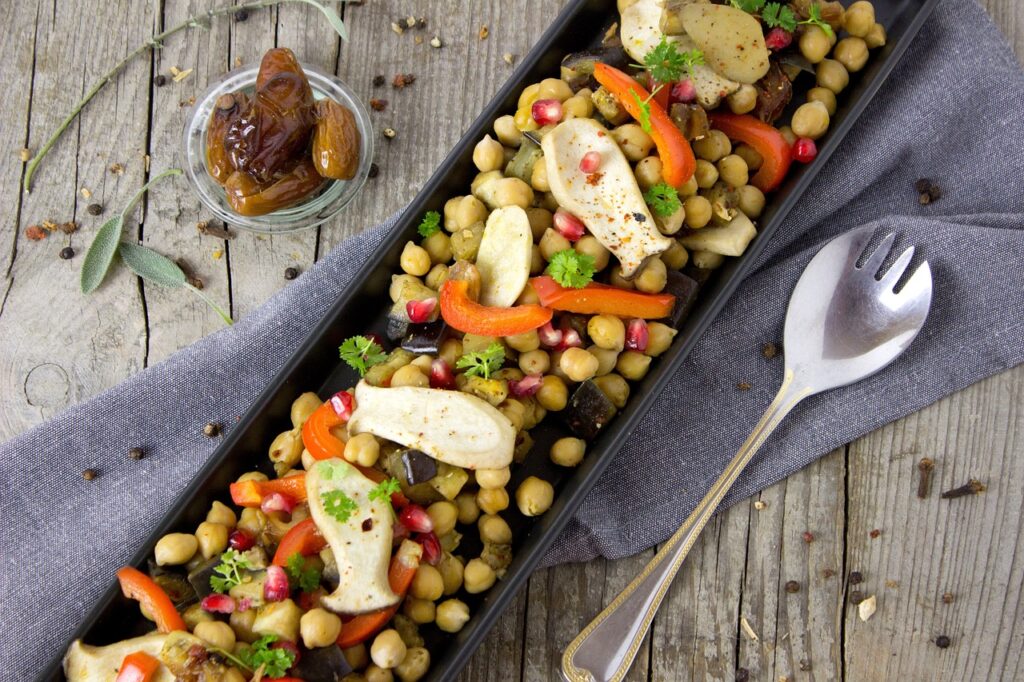
Creative and nutritious meals
The beauty of a healthy summer diet lies in its versatility: combining ingredients like melons with zucchini in a farro or barley salad (as suggested by La Cucina Italiana), adding mint leaves, and dressing with extra virgin olive oil can create a delicious and refreshing dish, that also helps us keep full, healthy and hydrated.
Maintaining a healthy summer diet is essential to staying cool and energized during the hot months. By focusing on hydration, seasonal fruits and vegetables, light and digestible meals, and avoiding heavy and fatty foods, you can enjoy a refreshing and nutritious diet. Remember to get creative with your ingredients, and incorporate as much fruit and vegetables as you can, along with lean proteins, and whole grains for a balanced and enjoyable summer eating experience.
